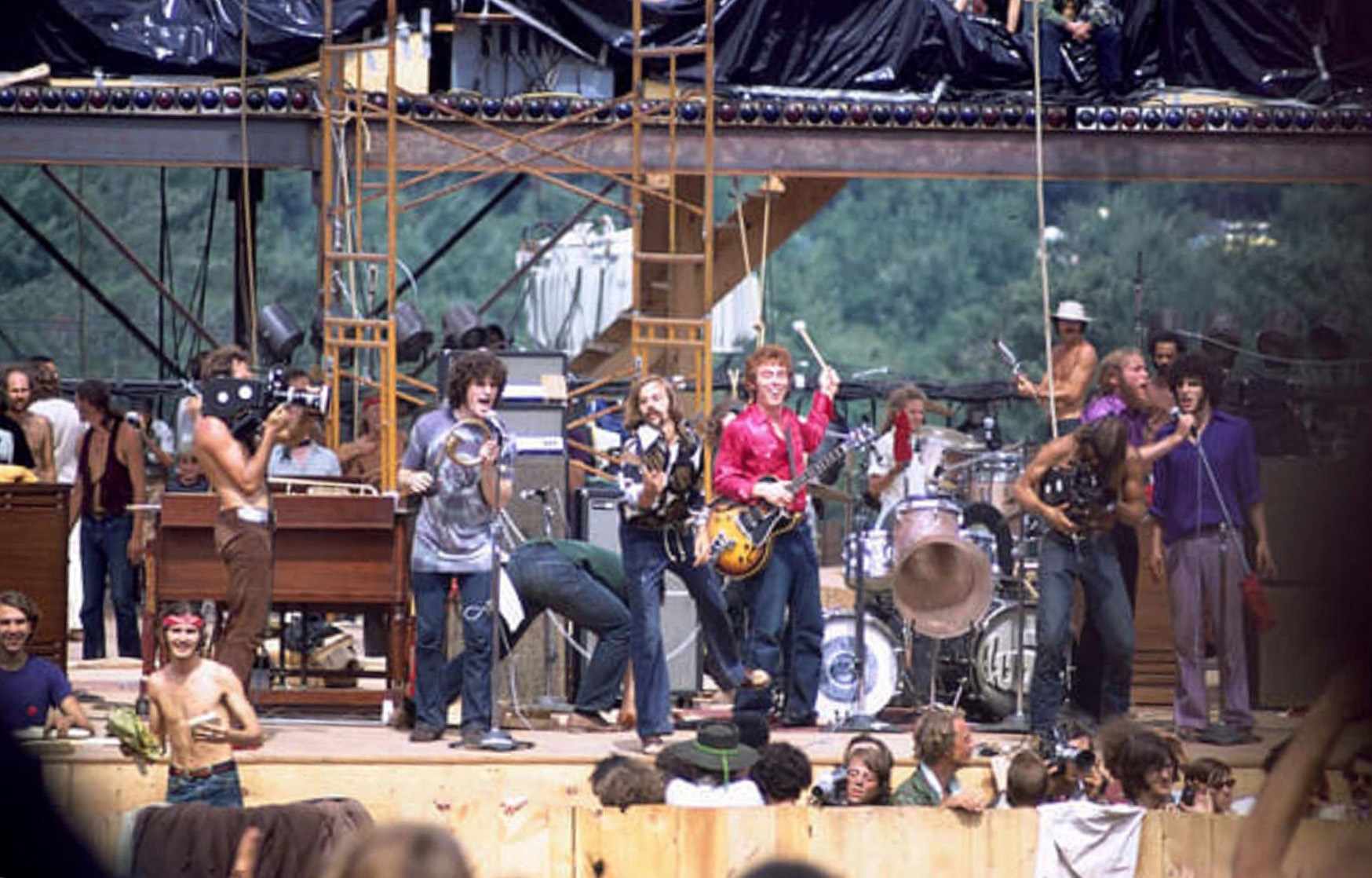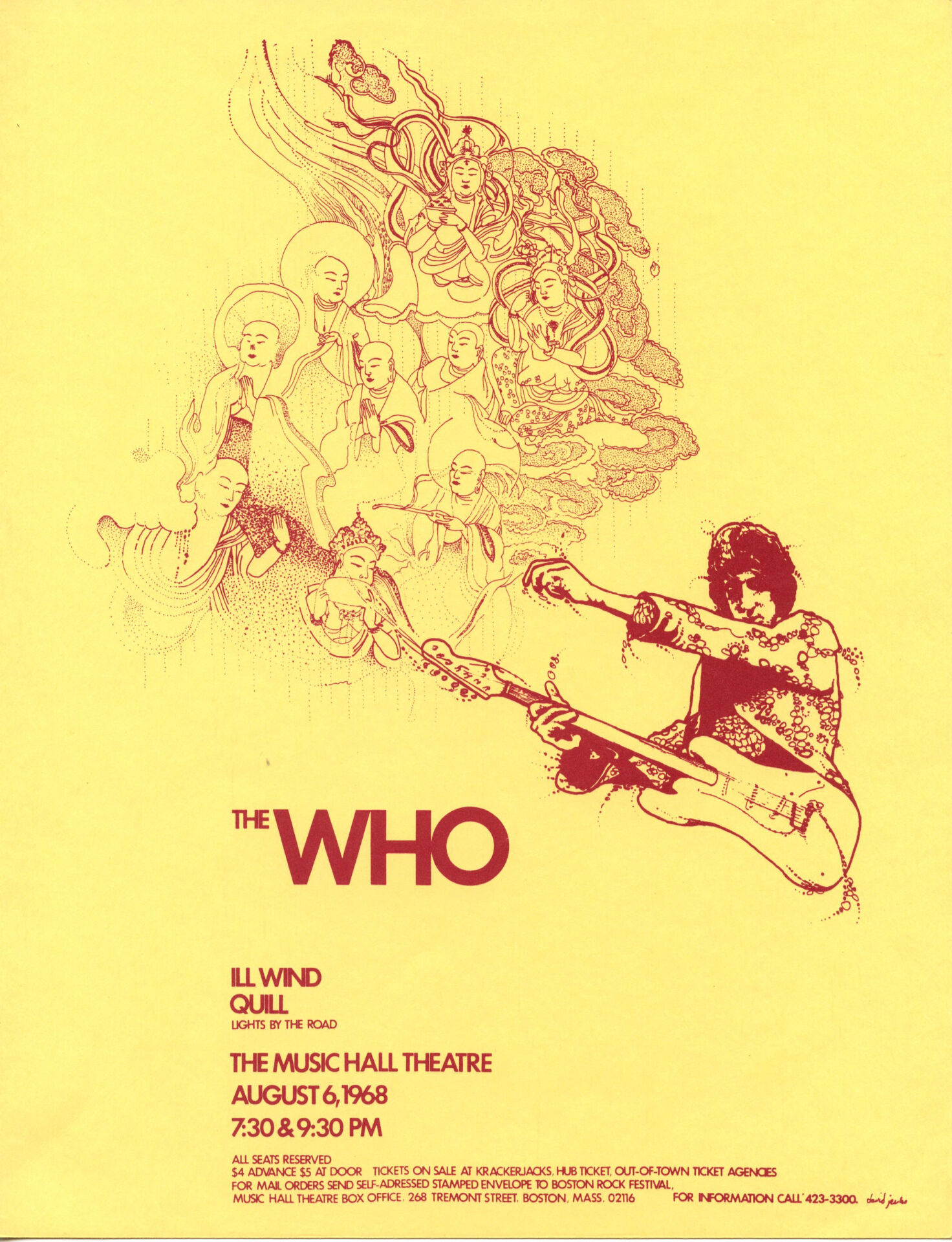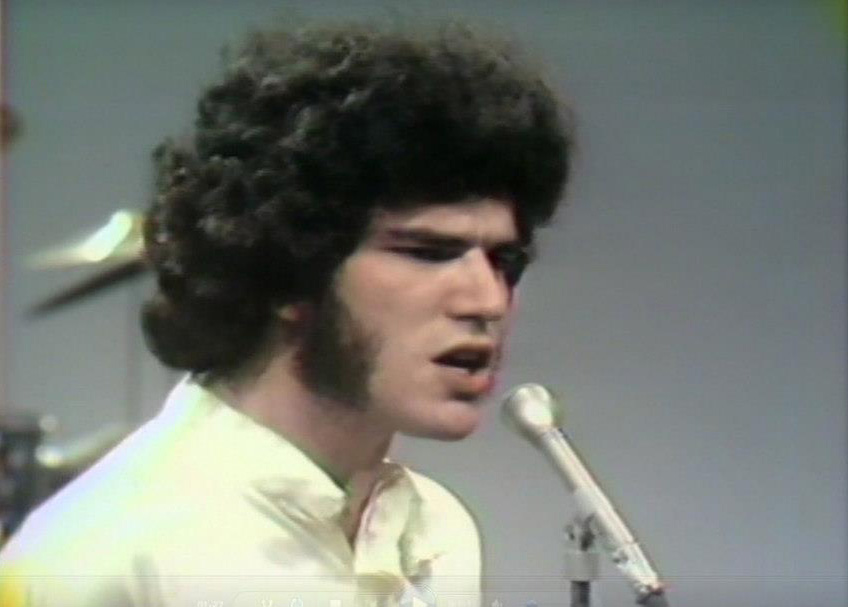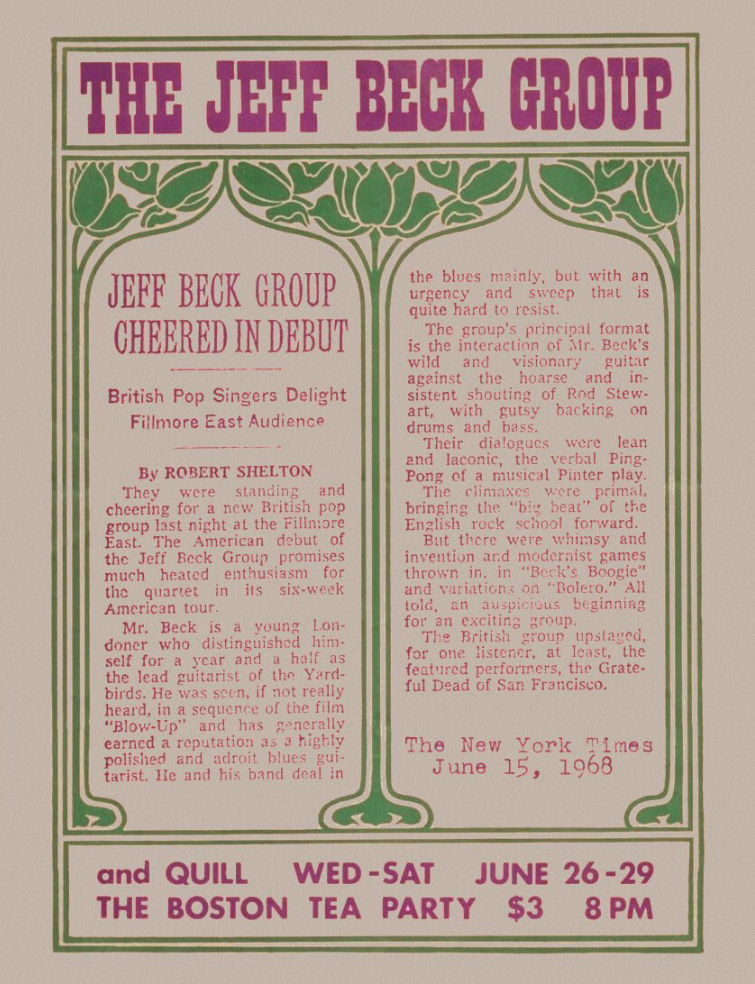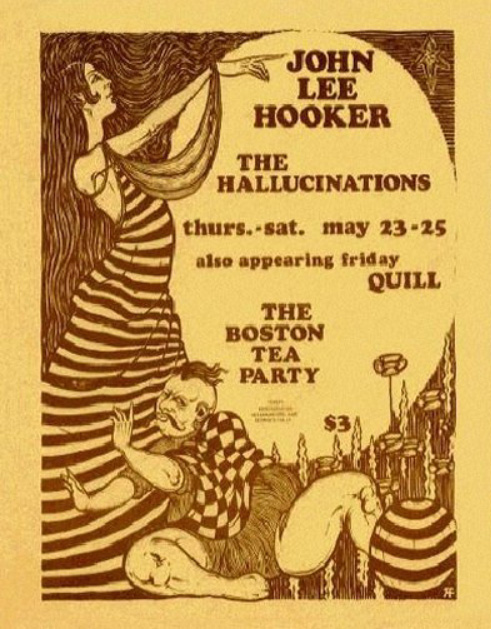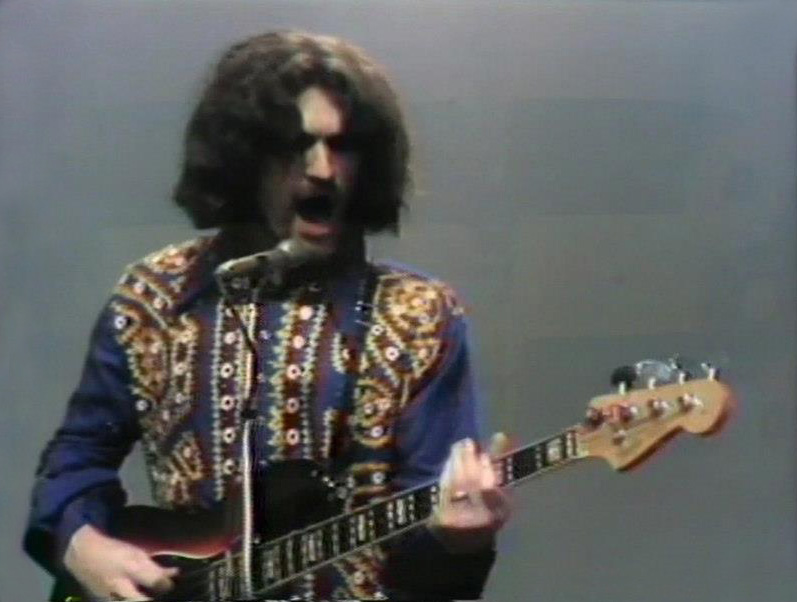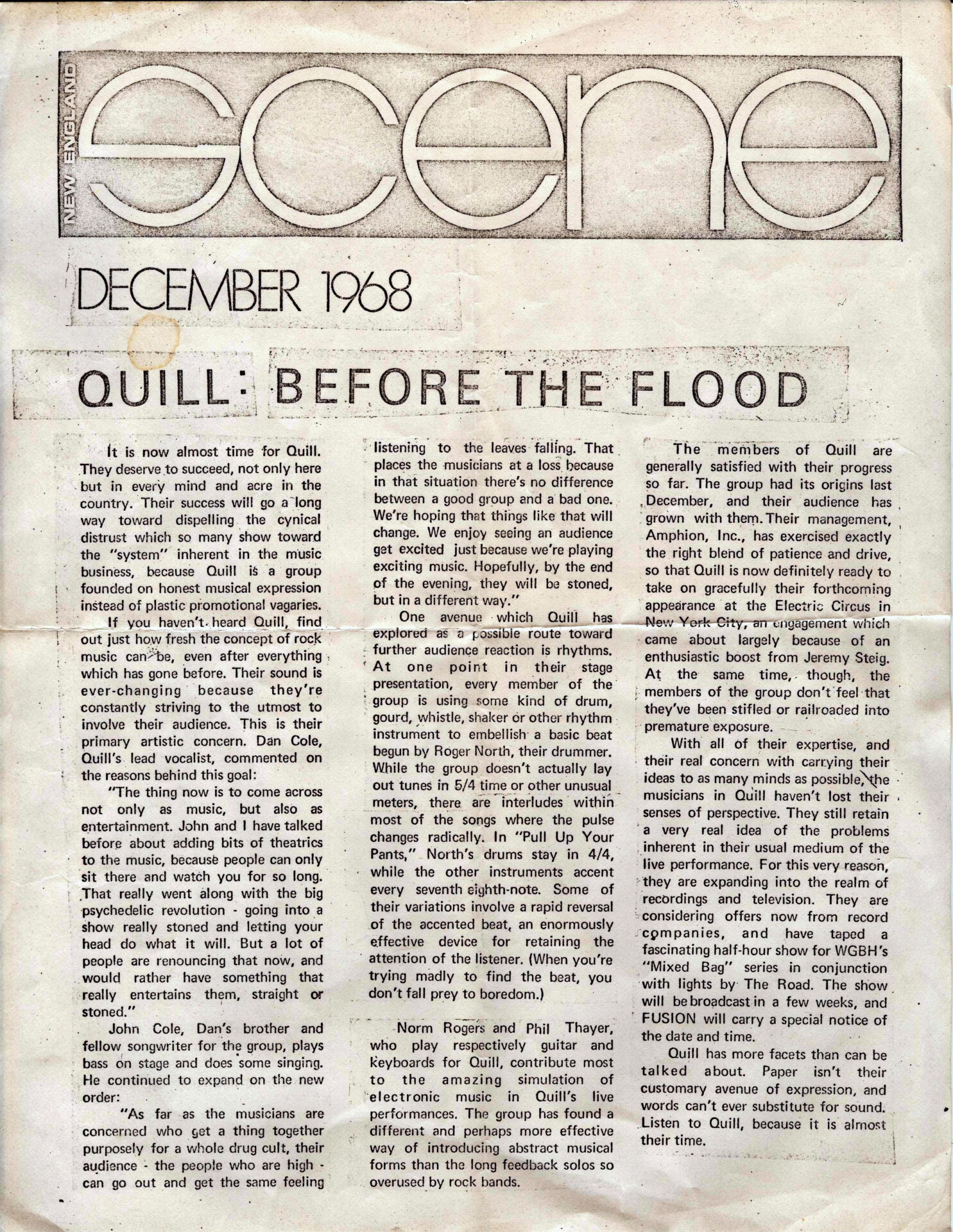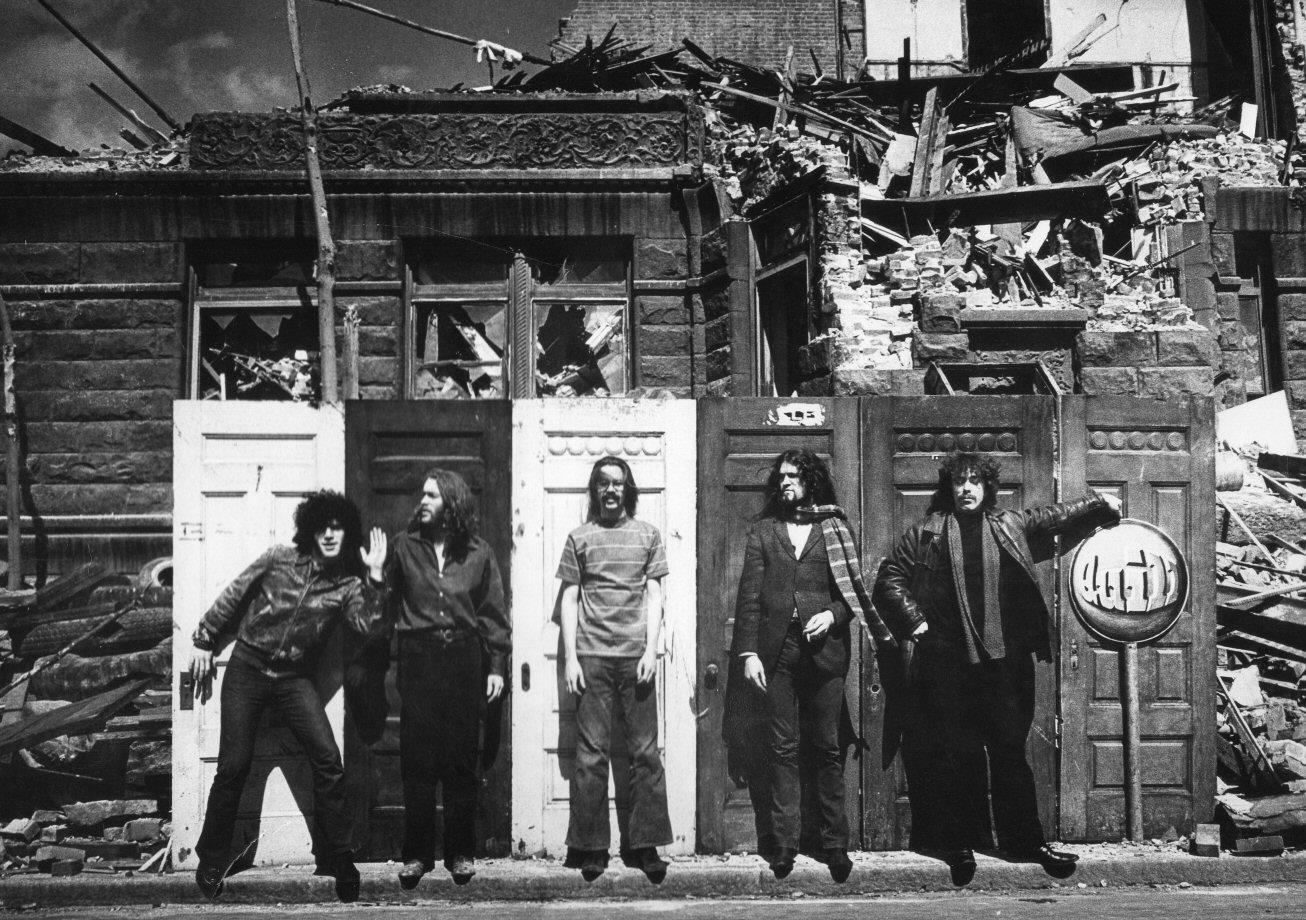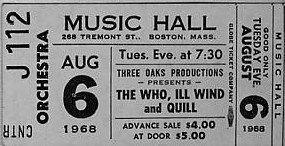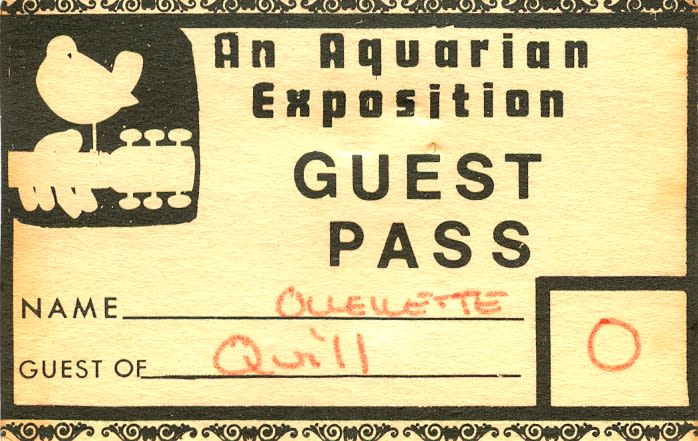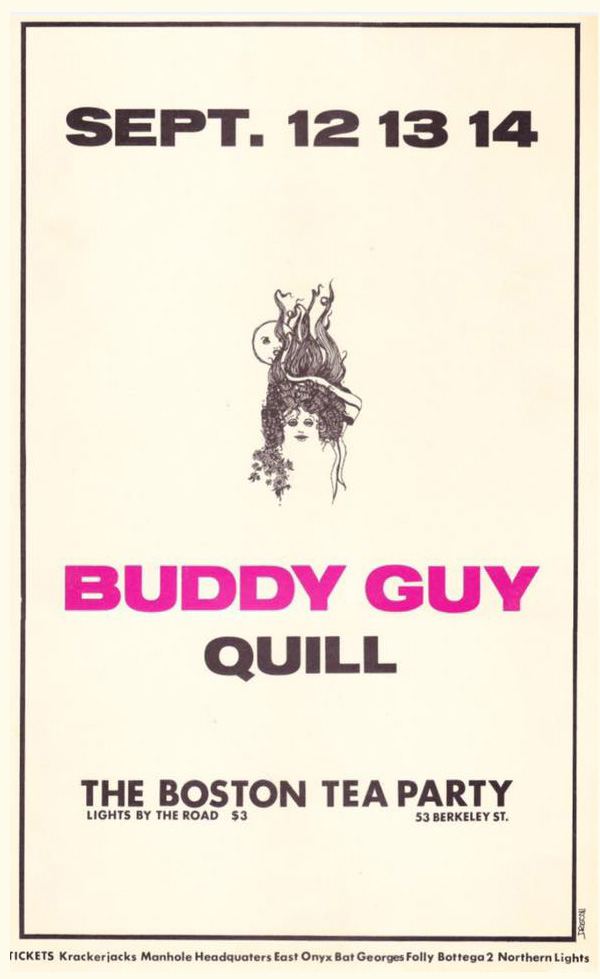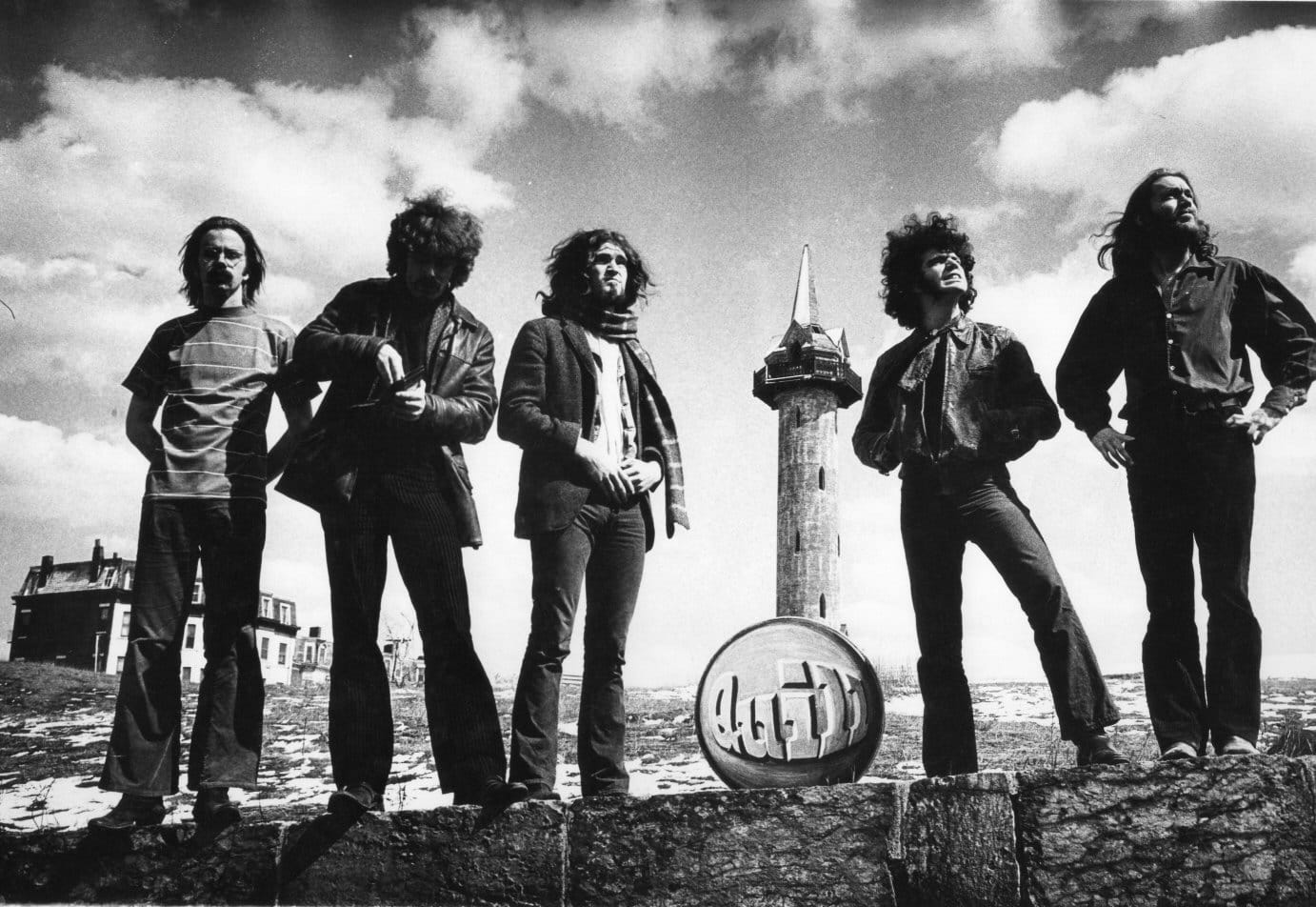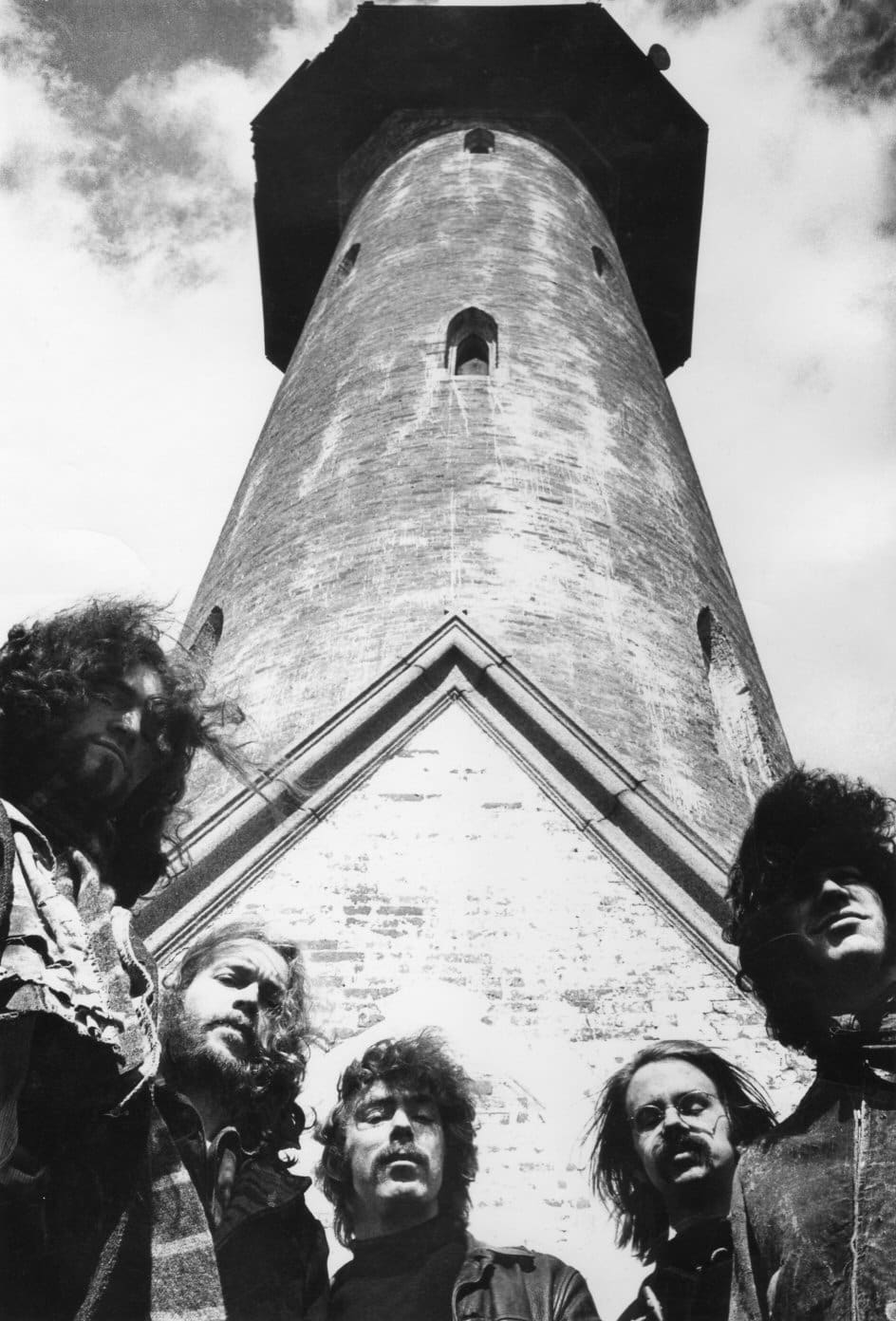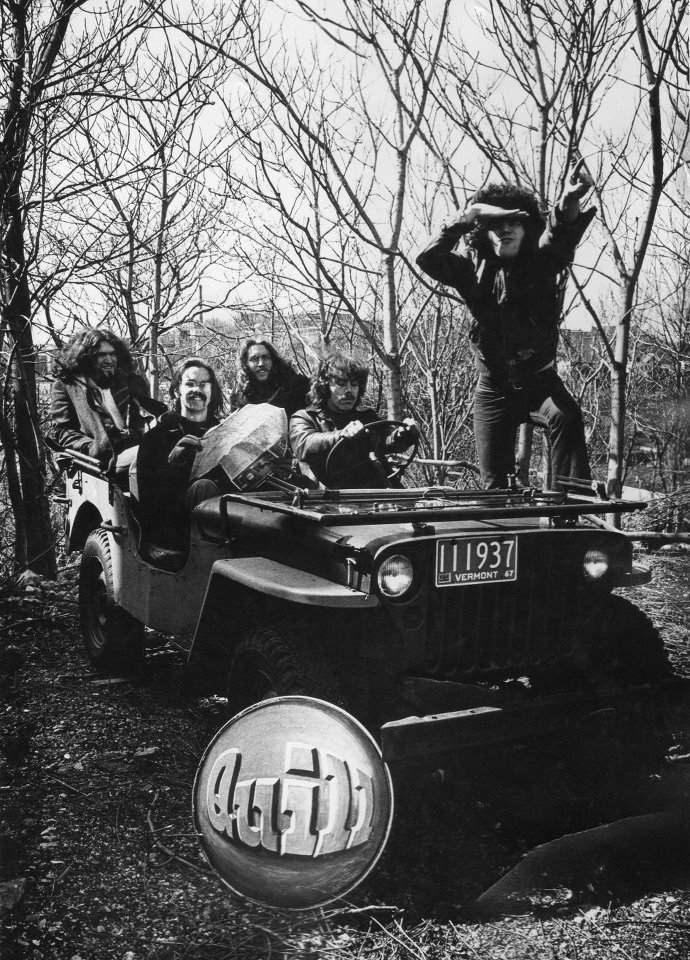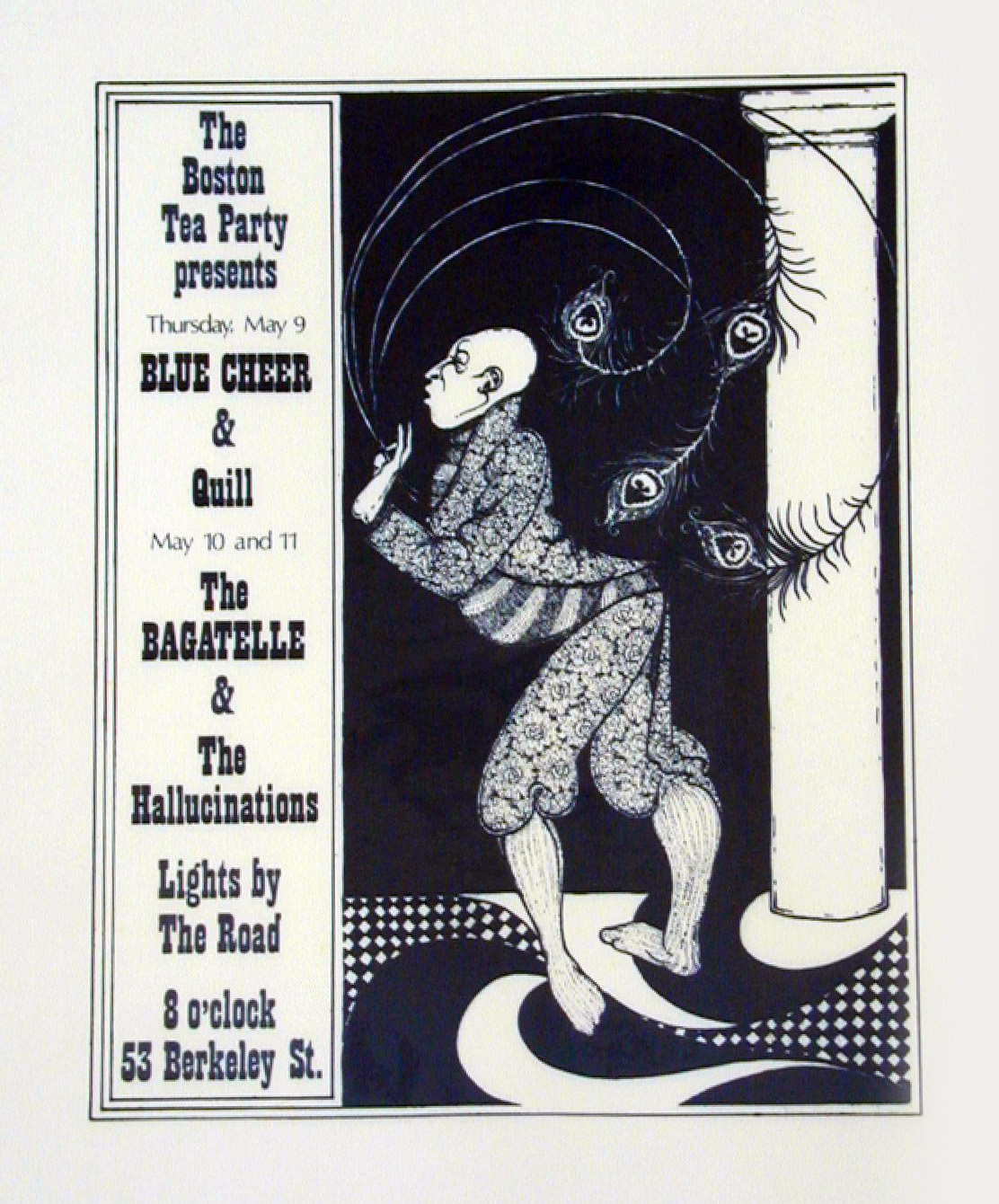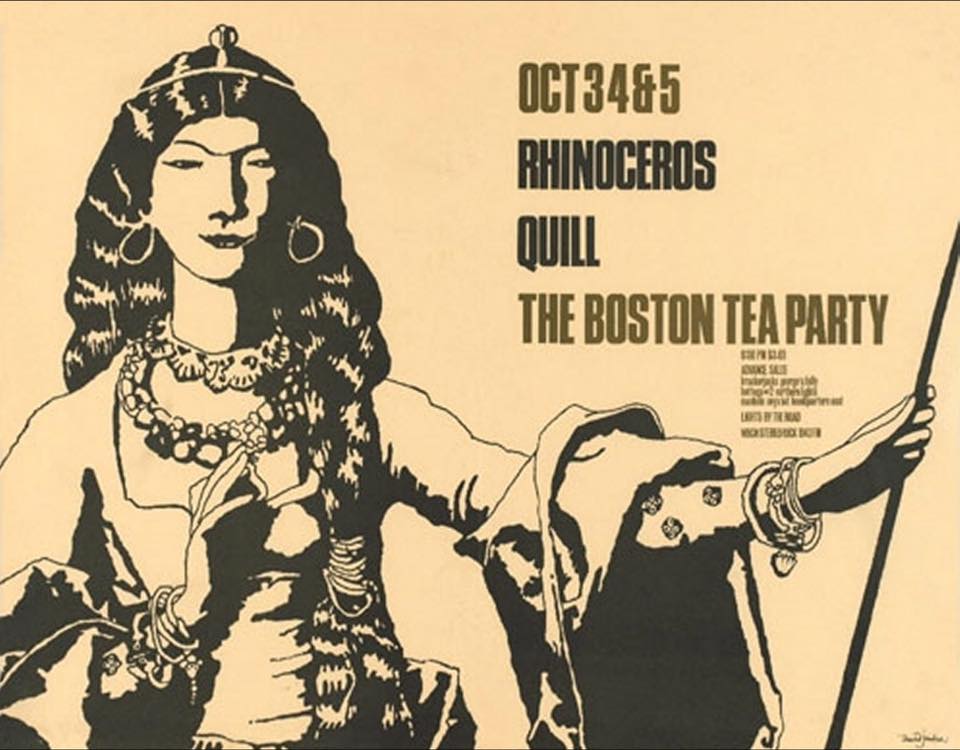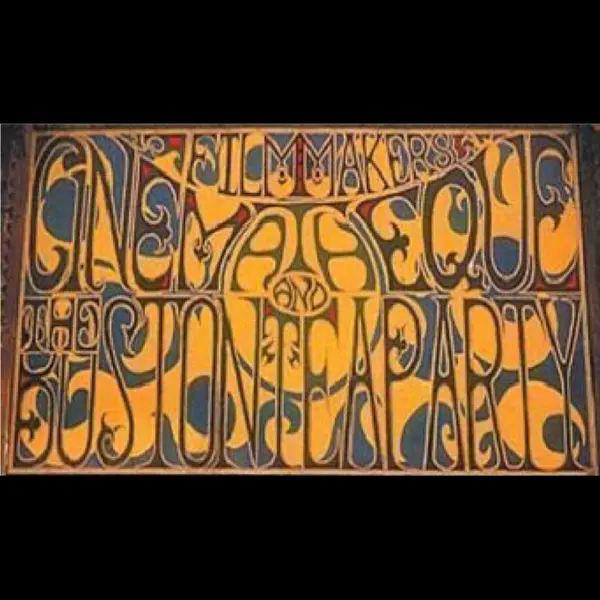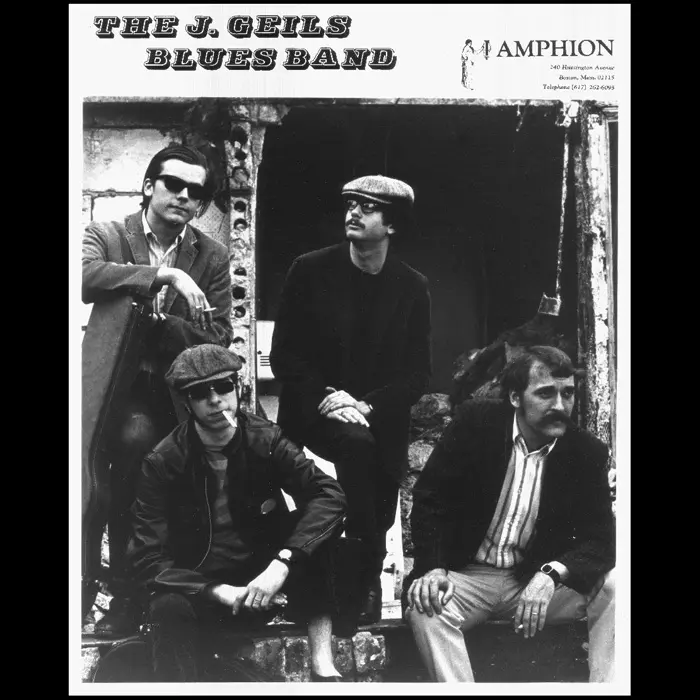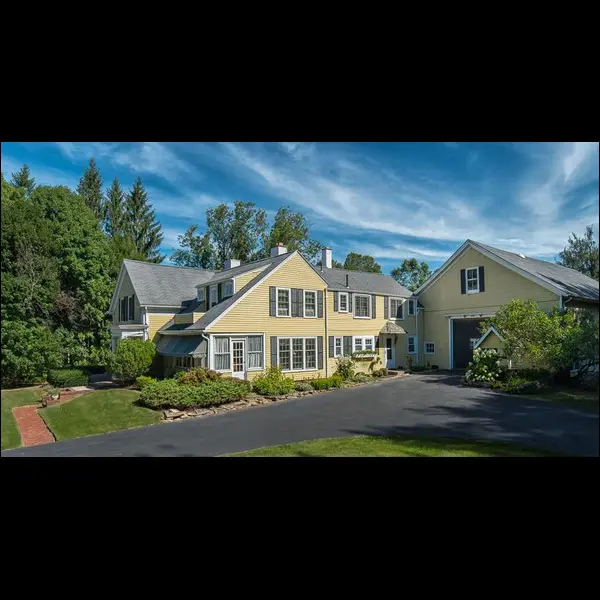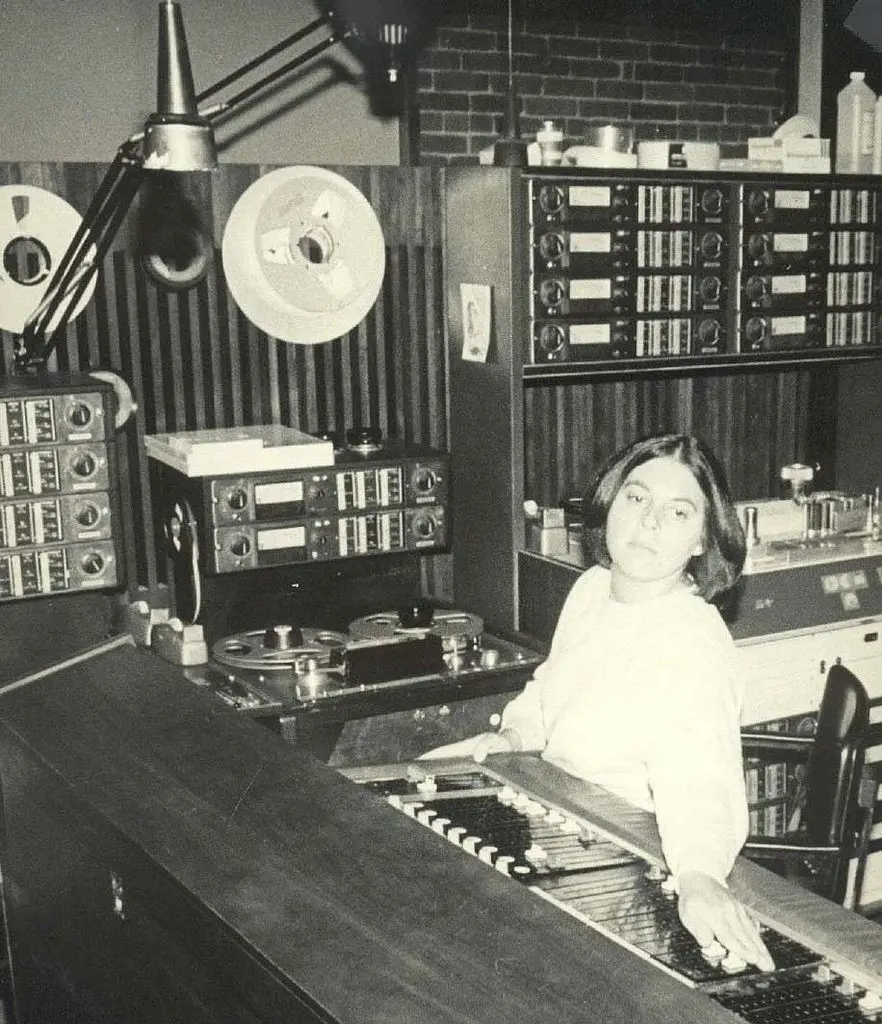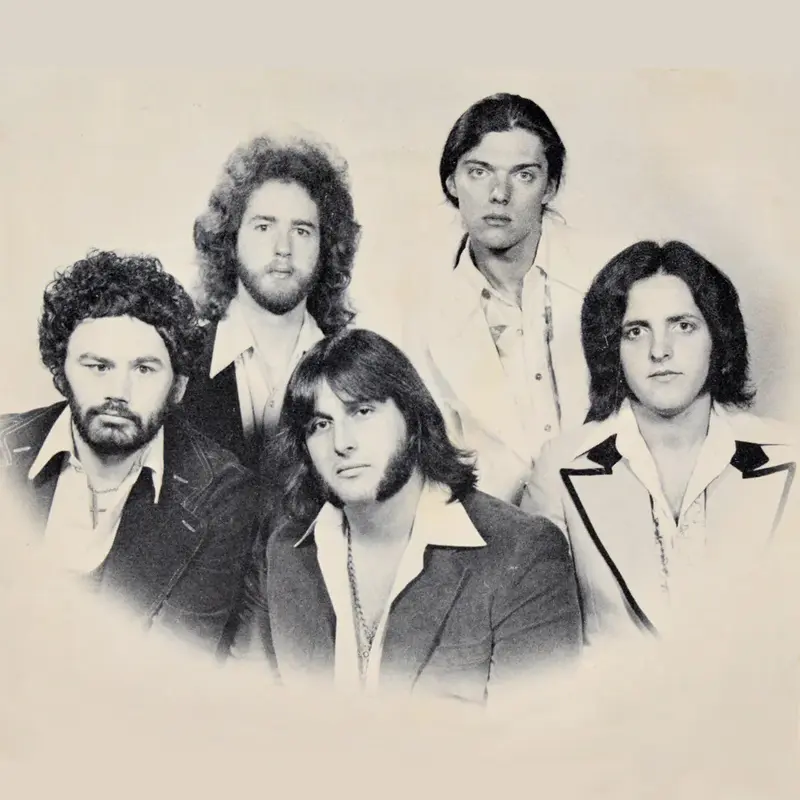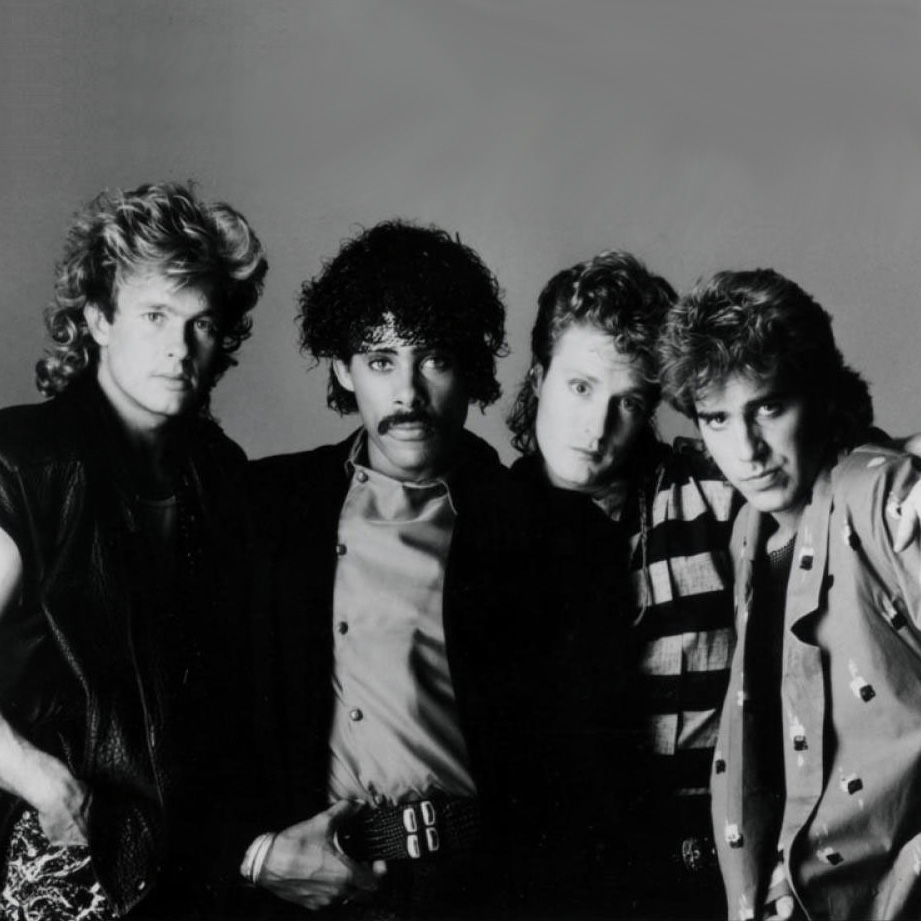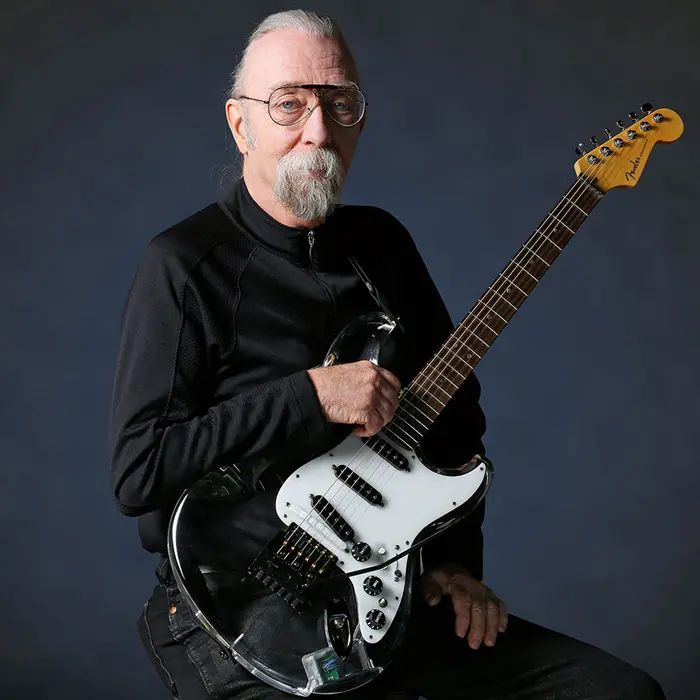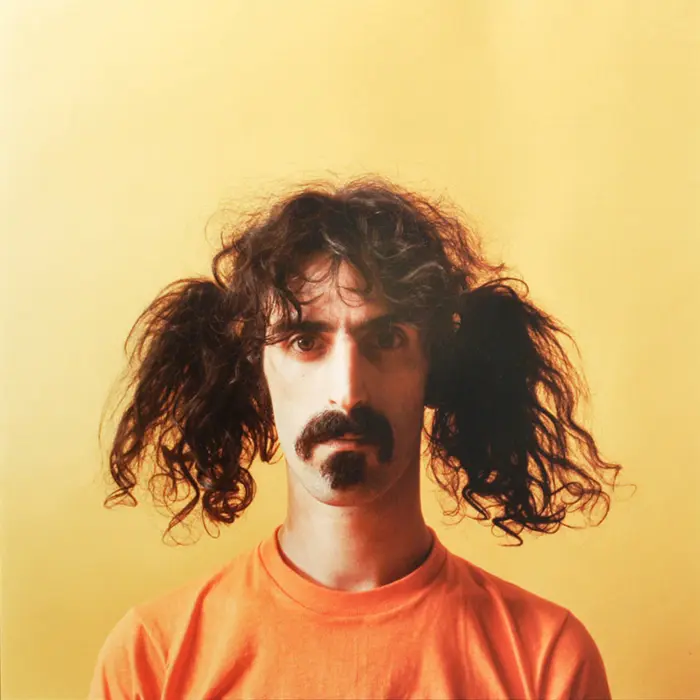Quill
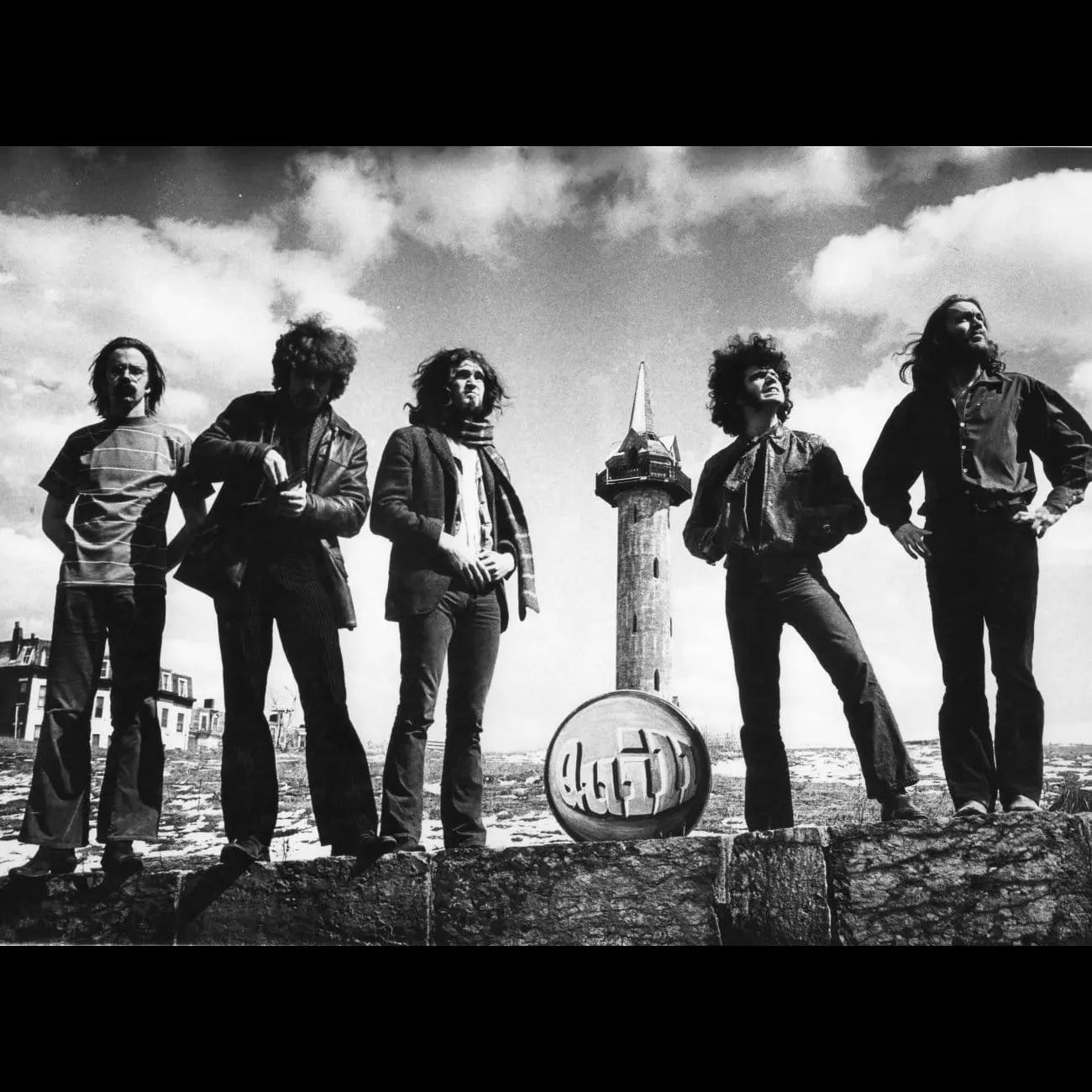
Following the progressive paths paved by mid-‘60s pioneers The Apple Pie Motherhood Band, Pink Floyd and The Mothers of Invention, Quill had all the hallmarks of eventual prog-rock superstardom: wildly eclectic instrumentation, multigenred compositional sophistication, jaw-dropping technical chops and the full range of psychedelic effects, wry social commentary and uninhibited inventiveness that audiences of the era demanded.
Yet for whatever combination of reasons – maybe fate, maybe just dumb luck – not even an appearance at Woodstock could stop the band’s rapid post-event slide into the dreaded abyss called oblivion. And, like some bitterly poetic harbinger of the groups demise, because of a technical glitch and general production-length concerns, the band’s four-song set wasn’t included in director Michael Wadleigh’s Academy Award-winning 1970 film of the legendary concert.
Formation, Unique performance style
The group was formed in early 1967 by Boston-born brothers Jon (bass, guitar, vocals) and Dan Cole (guitar, trombone, vocals), then age 20 and 18 respectively, after Jon had studied for a year at the Museum School of Fine Arts in Boston and Dan had spent a year at Bard College in New York. Later that year their manager, Ray Paret of Amphion (who also managed Ultimate Spinach), introduced them to Norm Rogers, a classically trained guitarist-bassist-cellist from Vermont who played in The Morning Star Blues Band, Boston native Phil Thayer, a classically trained guitarist-bassist-keyboardist-saxophonist-flutist, and drummer Roger North, also a Bostonian.
In a remarkable display of multi-instrumental flexibility, during performances band members would often switch instruments between, and sometimes during, songs, Dan moving from guitar to trombone, Thayer jumping from keys and bass to sax and flute and Rogers balancing guitar, bass and cello while North kept the band grounded from behind the kit. Though Dan was the primary frontman and he and Jon penned most material, all members sang some leads, shifting the audience’s focal points constantly during shows which added seldom-seen variety in an era when prog-rock bands typically had only one singer in the spotlight.
Popular opening act, Scene magazine profile
By mid-1967, Quill was performing across New England and upstate New York, appearing multiple times at The Boston Tea Party through 1968. A loyal regional following led to them opening for major acts including The Who, The Kinks, Deep Purple, The Grateful Dead, Sly and The Family Stone, Janis Joplin and The Jeff Beck Group along with appearances on local television in Boston and the Midwest.
In December 1968, a Scene magazine profile of the group said, “Quill deserves to succeed…in every mind and acre in the country. Their success will go a long way toward dispelling the cynical distrust so many show toward the ‘system’ inherent in the music business, since Quill is founded on honest musical expression instead of plastic promotional vagaries.”
Woodstock booking, Atlantic signing
And that positive press did not go unheard, helping Paret arrange Quill an audition with Woodstock co-organizer Michael Lang at Steve Paul’s Scene in New York in the spring of 1969. That resulted in the band being added to the bill – along with two other acts, Sha Na Na and Santana – and Atlantic Records co-founder Ahmet Ertegün signing the group to the Cotillion sublabel.
“It went by in a blur,” Dan Cole said about the audition, “but the upshot was that Michael liked us enough to invite us to play at the festival. We thought we’d done well given the circumstances. Johnny Winter had a promo party after our set and was short some sidemen, so he asked [us] to sit in. And Jimi Hendrix joined us on stage!”
Pre-Woodstock goodwill tour, Woodstock appearance
As part of the deal, Quill was also contracted for a goodwill tour of the Woodstock area’s prisons, psychiatric facilities and halfway houses during the week before the event, so they arrived days before other scheduled acts. Staying with the festival’s construction and set-up crews at the El Monaco Motel, they played for them during off-hours as part of the behind-the-scenes Woodstock machine.
At 12:15 pm on a sunny Saturday, August 16, Woodstock production coordinator John Morris took the stage and announced the day’s first act to the 400,000-plus audience: “Okay, let’s have some music. Ladies and gentlemen, Quill!” The band launched into a four-song, 35-minute set with a surprisingly down-tempo version of “They Live the Life” that left the crowd visibly uninspired by its extended jam and repetitive atonal chanting at the end.
But the mood shifted dramatically during the second song, the boogie-woogie romp “That’s How I Eat.” That kept people dancing through the third number, “Driftin’”, before all momentum died when peace activist Wavy Gravy, whose “Peace Force” handled the event’s security, hurried on stage unannounced to encourage people to “be nice” and hug any troublemakers. After the interruption, Quill finished up with “Waiting for You,” tossing maracas and woodblocks into the crowd in a moderately successful attempt to recapture some attention through audience participation.
Admittedly frustrated by the crowd’s lukewarm response and the sudden mid-set interruption, after chatting backstage with Grace Slick, Keith Moon, John Entwistle and Carlos Santana, the band was helicoptered back to their motel in what would become their last glimpse of rock-star extravagance.
Debut album, Disbanding
Returning to Boston immediately, the band used their Cotillion advance to build a studio and recorded their debut, The Quill, released in January 1970, which included only one song from their Woodstock set, “They Live the Life.” Critic Joe Viglione praised the album for its “jazzy overtones mixed in with the mayhem and experimentation far beyond anything Ultimate Spinach, Eden’s Children and even The Beacon Street Union have attempted to create.”
But the album was a commercial flop. Jon Cole and Norm Rogers quit, though the latter returned in late 1970 to record a second LP with remaining members before splitting for good when Cotillion refused to release it and dropped the group. By year’s end, Quill was finished.
Post-Quill activity
After the split, Jon co-founded Aengus Studios before establishing a car-repair support company and moving to Hawaii, where he now heads the solar-installation company Light on the Earth Systems. Dan ran Intermedia Sound Studios and started a production company that managed acts including The American Standard Band and Jon Butcher before joining Sony Professional Products Group and is now a consultant in Portland, Oregon. Roger North played drums with folk icon Odetta and with future Steely Dan and Doobie Brothers guitarist Jeff “Skunk” Baxter in The Holy Modal Rounders before establishing North Drums. Norm Rogers played with several Vermont-based bands before passing away in 2011 at age 68. Phil Thayer left the public eye and lives in Florida.
40 Years On: Back To Yasgur’s Farm, Reunion show, Legacy
In 2009, two songs from Quill’s Woodstock set – “They Live the Life” and “That’s How I Eat” – were included on Rhino Records’ six-CD collection Woodstock: 40 Years On: Back to Yasgur’s Farm. In June 2018, the Coles assembled a new Quill lineup including Thayer for an appearance at the Dancing Cat Saloon in Bethel, 1.4 miles from the Woodstock site 49 years earlier.
“They may have only been a bar band from Boston, and they may be ambivalent about their time together and their performance at Woodstock,” wrote Wade Lawrence, director of the Bethel Woods Center for the Arts, after the reunion show. “But they made history on Saturday, August 16, 1969, as the first rock band to play at the Woodstock Music and Art Fair.”
(by D.S. Monahan)

